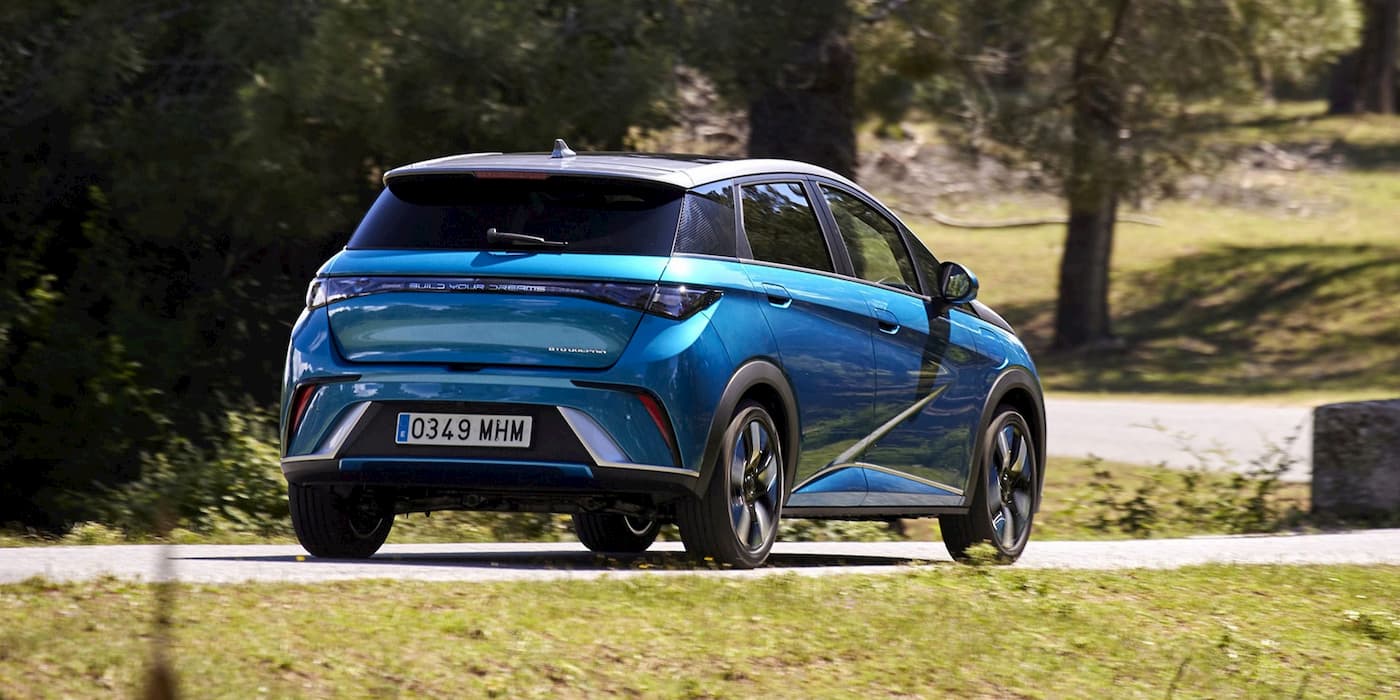
China’s largest automaker, BYD, is set to take on Toyota on its home turf. BYD launched the all-electric Dolphin hatchback starting at ¥3.63 million ($24,570) in Japan Wednesday as it looks to take on Toyota head-on.
The Chinese automaker introduced the Dolphin EV at a launch event in Tokyo on Wednesday. Powered by a 70 kWh battery, the base model provides a range of 250 miles (400 km).
The extended-range variant offers up to 295 miles (476 km) range with a 150 Wh battery pack. It will cost around ¥4 million ($27,080).
Although BYD has rapidly expanded its brand in China and overseas markets, the automaker (like many foreign companies) has gained little traction in Japan.
Domestic automakers dominate Japan’s auto market, including Toyota, Honda, and Nissan. Imported vehicles accounted for just 6% of the market, according to data from Bloomberg senior auto analyst Tatsuo Yoshida. Most of them are luxury cars from Porsche, BMW, and Mercedes.
The Dolphin will join BYD’s Atto 3 (Yuan Plus in China) electric SUV launched in Japan in January as the second EV model in the region.
The Atto 3 starts at ¥4.4 million ($29,800) but has yet to compete with Nissan’s LEAF, starting at ¥4.1 million ($27,800). That said, BYD has sold around 700 Atto 3 models in Japan since launching.
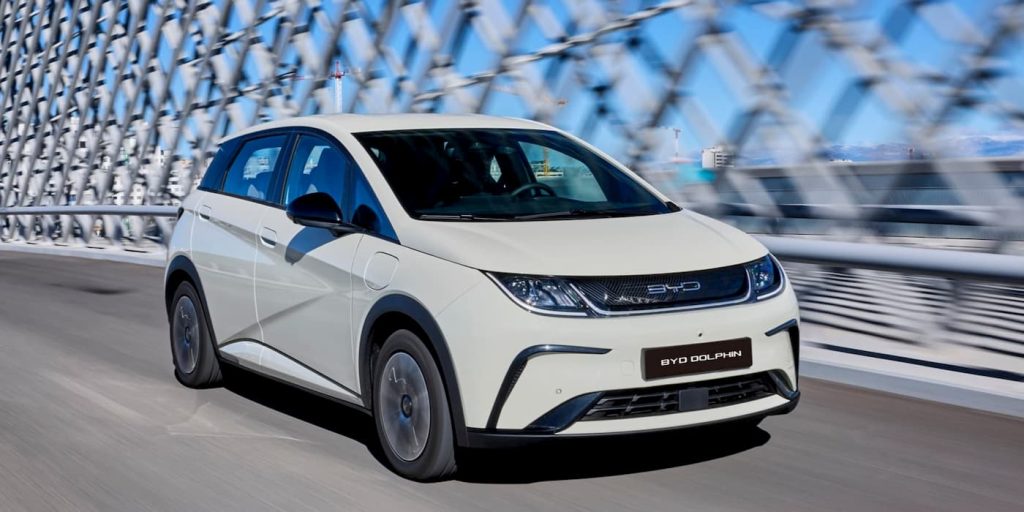
BYD Dolpin EV to take on Toyota in Japan
Toyota, one of the biggest laggards in the EV transition, still dominates its home market.
Last year, Toyota sold around 1.25 million vehicles in Japan, more than twice as many as the runner-up Suzuki, with just over 600,000.
Although Japan is the third largest auto market globally, it still largely favors hybrid vehicles. Toyota’s Yaris was the best-selling car for the third year straight, while the Corolla placed second.
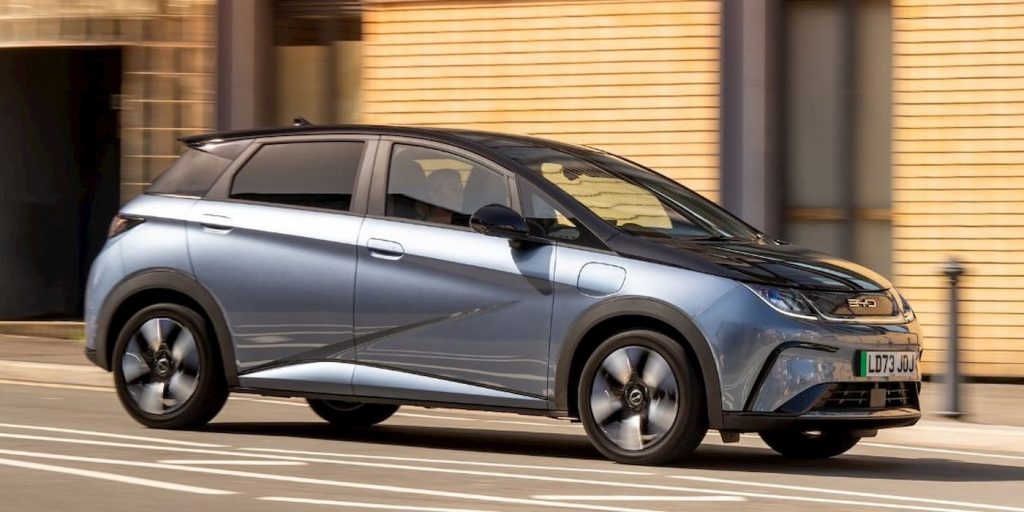
Outside of Toyota, Nissan, and Honda were the only brands with passenger vehicles in the top ten in 2022. The top three foreign brands included Volkswagen (Porsche), Mercedes-Benz, and BMW.
BYD plans to expand the brand in Japan with plans to open 100 dealerships and showrooms by 2025. Meanwhile, the Chinese automaker aims to launch its SEAL electric sedan in the region by early next year.
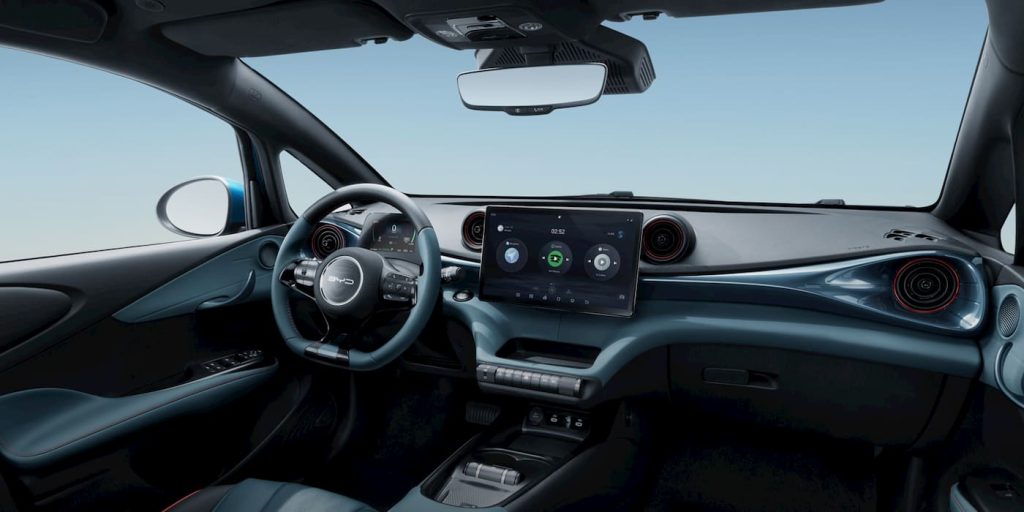
The move comes after European Commission President Ursula von der Leyen announced a probe into Chinese EVs, claiming “their price is kept artificially low by huge state subsidies.”
BYD and several other Chinese automakers made their presence known at the IAA Mobility Show in Munich. Automakers from China doubled their presence at the event over the past two years.
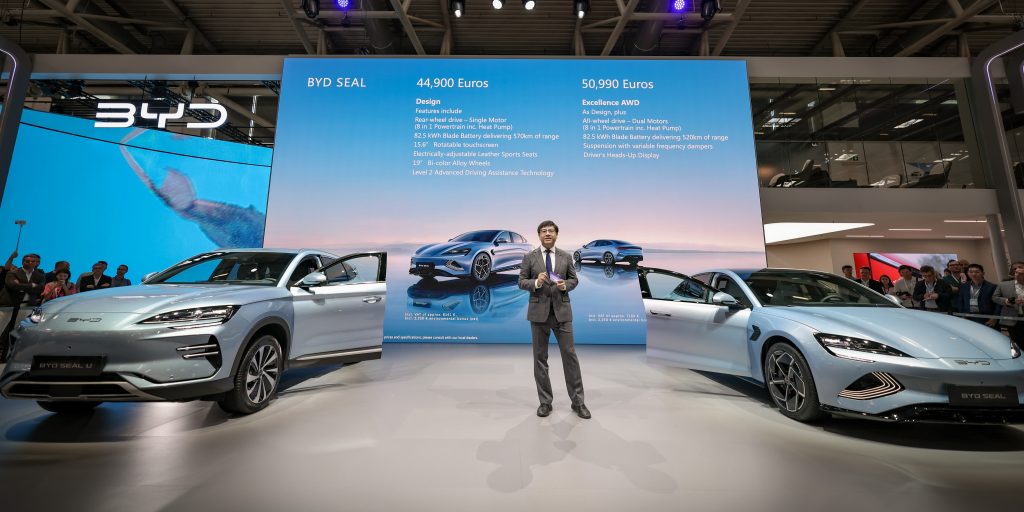
BYD showed off six electric models, including the SEAL and SEAL U, aimed at European buyers. The SEAL starts at 45,000 euros ($48,000) with up to 570 km (354 miles) range.
Electrek’s Take
Toyota may still have the edge (for now), but as buyers in Japan transition over to EVs, they will realize the benefits of going all-electric.
EVs offer superior technology, advanced drivetrains, smoother rides, instant acceleration, and much more than ICE-powered (or hybrid) cars could only dream of. The transition took Europe by surprise as Chinese electric vehicles are taking market share away from domestic automakers, which have also notoriously dominated their markets.
The same could happen in Japan. BYD’s Dolphin EV will compete head-on with Toyota’s top-selling Yaris.
With advanced tech, added features, and an affordable starting price, the Dolphin is ready to make its mark in the world’s third-largest auto market.
